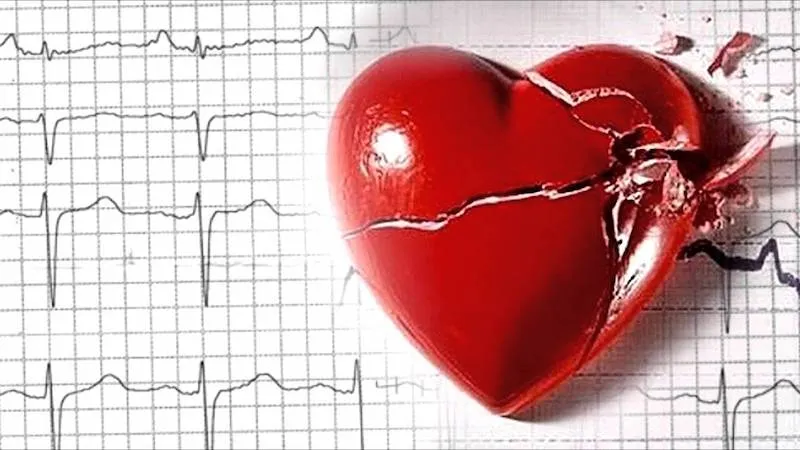What does the heart have to do with diabetes?A lot!Diabetes increases your risks of suffering from the heart and, according to the American Diabetes Association, 65% of diabetics die from some heart disease
In order to understand how your diabetes can affect the health of your heart, it is important that you understand how the heart gets sick.Many of the problems and heart diseases originate from hardening and the fact that arteries are covered (atherosclerosis) or blood coagulation.
When they begin to harden or cover the arteries that carry the blood directly to the heart, it is said that you have a disease of the coronary arteries.And when these arteries are completely covered, either by atherosclerosis or by clots, it is when you suffer from a heart attack.
Your diabetes has a lot to do in that process of obstruction of your arteries.Because?When glucose (sugar) levels in your blood are high, increase the risk of accumulating the plates (Atero) that cover the walls of your arteries.
These plates are formed mainly of cholesterol that is deposited inside.Thus, little by little, the plate hardening the walls of your arteries and reducing the space for blood to flow freely.Or it can happen that this plate breaks and form clots that can also cover your arteries.
The formula is very simple: the higher the level of sugar in your blood or the longerof the heart.
Of course, atherosclerosis, heart disease and heart attacks, not only arise through diabetes.However, studies have shown that people with diabetes have more risk of developing heart problems than people with normal glucose levels.
In addition, diabetics are less likely to survive a heart attack, although it is originated by a different cause.It is said that more than half of the diabetics die from heart attacks.
And while 85% of people without diabetes can survive a heart attack, only 60% of diabetics who do not control their glucose levels have that second chance in life.
Other complications of the heart
Autonomous cardiac neuropathy: excess glucose in your blood can deteriorate your nervous system and that will affect the control that it exerts on your heart rate
Cardiomyopathy or myocardiopathy: it is not very clear what is the relationship between diabetes and cardiomyopathy, but scientists consider that there is a relationship between both conditions.Cardiomyopathy happens when the muscle of the heart enlarges, hardens or becomes thicker, and loses the ability to pump the blood to the rest of the body.This can cause cardiac failure (failure).
But do not believe that just by having diabetes, you are already doomed to suffer from the heart.You can protect it.It has been proven that the diabetics that keep the blood glucose levels under control, have less risks of suffering from heart problems.One more reason to keep your glucose at bay.You know, instead of sweetening your heart, trace it sweetly and control your diabetes.



